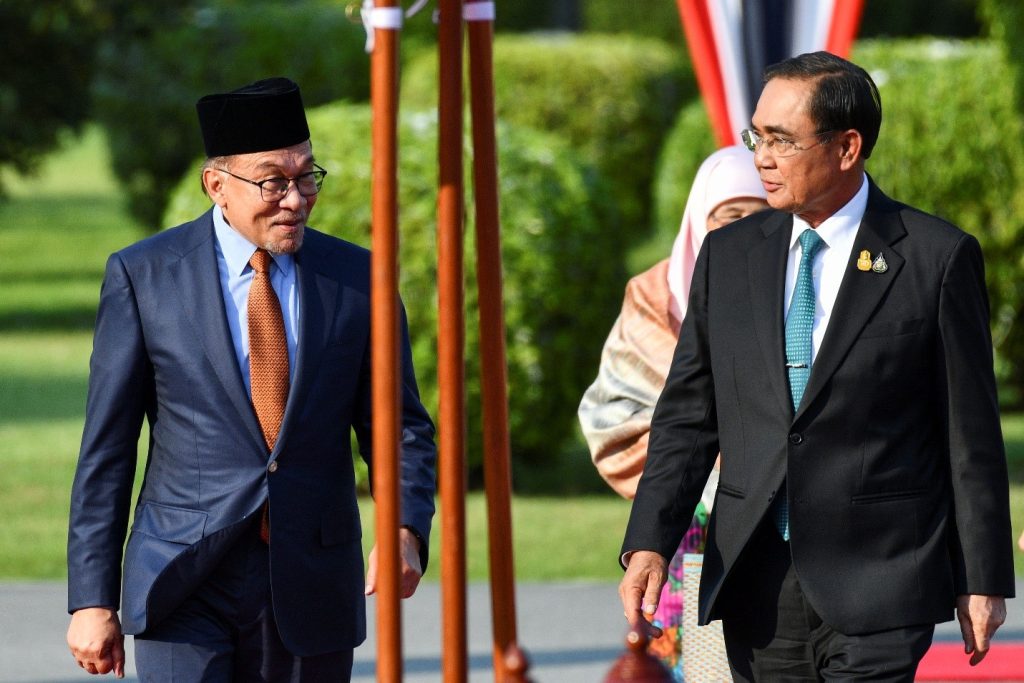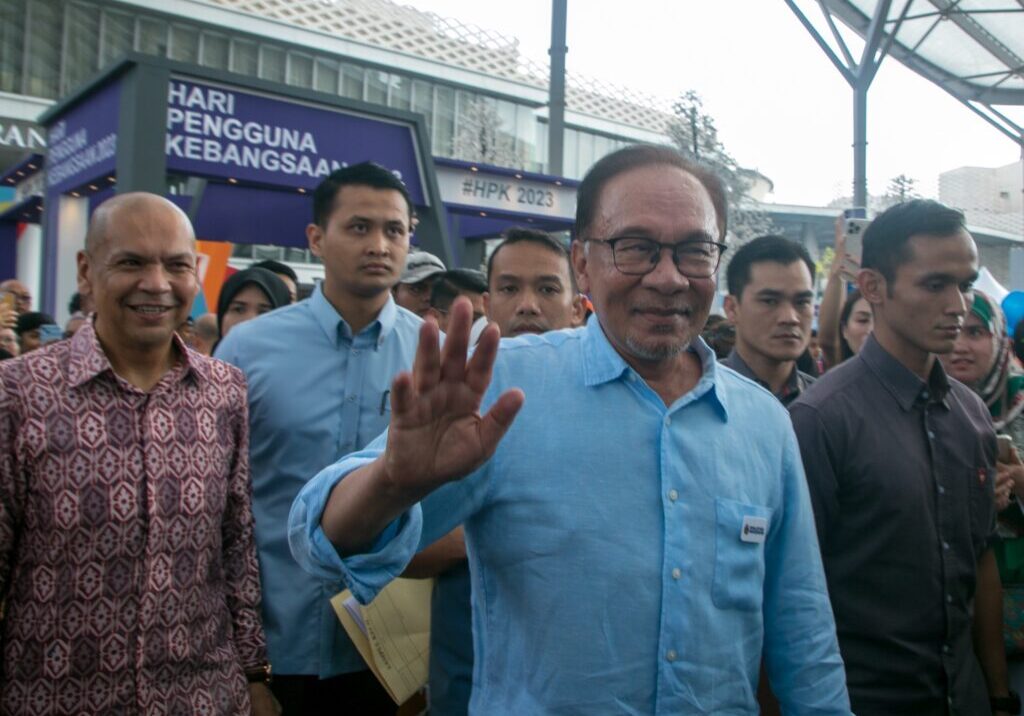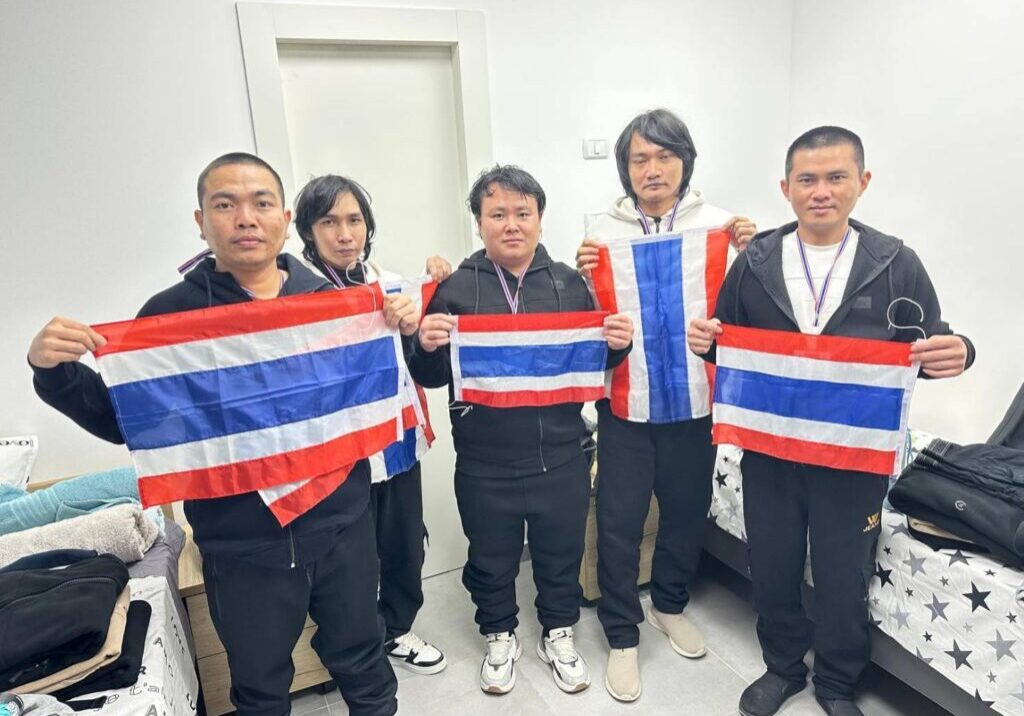Australia/Israel Review
Asia Watch: Middle Man
Mar 1, 2023 | Michael Shannon

The visit of Malaysian PM Anwar Ibrahim to Bangkok on February 9, his first as Prime Minister, was important to both countries – not only to rejuvenate their economic relationship and discuss regional concerns such as Myanmar, but particularly their shared border and the ongoing separatist violence on the Thai side.
Several analysts hope that the new Malaysian PM will give the ongoing Kuala Lumpur-brokered peace talks between negotiators representing the Thai government and Muslim insurgents in the southernmost provinces a boost. Anwar is known far and wide within the Thai state sector, civic networks and even underground insurgent movements and is said to have a deeper understanding of the southern unrest than his predecessors.
The Malaysian Prime Minister spoke about his country’s “duty” to facilitate the process toward peace. “That is why we agreed to appoint an acceptable facilitator from a retired chief of our armed forces, known to the PM to work and find ways to assist,” Anwar told reporters during a joint news conference with Thai Prime Minister Prayuth Chan-ocha.
Anwar was referring to one of his first major foreign policy initiatives – to change the Malaysian facilitator of the peace talks between the Thai government and Barisan Revolusi Nasional (BRN), the largest and most powerful of the armed insurgent groups. These talks began in early 2020, just before the outbreak of the coronavirus pandemic in Malaysia.
In January, Anwar replaced former national police chief Abdul Rahim Noor with Zulkifli Zainal Abidin, an ex-head of Malaysia’s armed forces with a family background that is closely linked to the far south, as the broker for the peace talks.
Malaysia, as facilitator of the peace process, represents a crucial jigsaw piece in the roadmap to solving the insurgency that flared up in January 2004 when militants overran a military camp in Narathiwat province, making off with a large cache of firearms. The theft preceded a wave of attacks and snowballed into a separatist movement seeking autonomy. Since 2004, more than 7,000 people have been killed and 13,500 others injured in violence across the area known as the “Deep South” – Narathiwat, Pattani, Yala and four districts of Songkhla province.
The main challenge facing the Thai negotiators over recent years is who to negotiate with – specifically, whomever has influence over combatants involved in the ongoing low-scale attacks. Some observers have cast doubt on whether Anas Abdulrahman, the chief negotiator for the BRN, has the backing of the group’s military wing, which has sway over fighters in the field.
The Thai panel in the negotiations has made it known that it would like to see other groups, including MARA Patani, participate in the peace process, but disunity among the rebels remains a problem. MARA Patani, an umbrella panel, had represented Deep South rebel groups and factions, including the BRN, in negotiations with the Thai government. These lasted several years until the BRN and the government began direct negotiations in early 2020.
Five rounds of face-to-face peace talks have been held since then. The BRN made concessions in agreeing to negotiate under the framework of Thailand’s constitution and accepting the principle of the unitary Thai state, but there were no major breakthroughs. The two sides also agreed to a Ramadan ceasefire as a sign of goodwill, which ended up lasting longer than the agreed 40 days.
Altaf Deviyati, director of the Iman Research Center, a Malaysian security think tank, says Malaysian facilitator Zulkifli would have much to do in progressing the talks.
“On the one hand, existing talks and confidence-building needs to be protected… but on the other hand, there is a need to make the talks more inclusive,” she told BenarNews. “Personally, I believe eventually the talks must be inclusive for sustainable peace, but I think we are not there yet.”
Statements about inclusiveness refer not only to the sidelined MARA Patani, but particularly the Patani United Liberation Organisation (PULO), a smaller rival to the BRN, which has increased its violent activity, including a double bombing last April during the BRN’s Ramadan ceasefire. Despite its limited offensive capabilities, PULO is exerting pressure for inclusion in the negotiations.
Zachary Abuza, an expert on insurgencies in the region, notes that violence rose in 2022 but remained quite low by historical standards. He believes that despite the revived talks and a new Malaysian facilitator, violence may increase as frustration grows in the rebel ranks.
“The Army has gotten violence to a low enough level that they can attribute it to criminality, without making any meaningful concessions or addressing any of the BRN’s core grievances. The government’s strategy appears to be using protracted peace talks to cause rifts amongst the rebels,” he wrote in BenarNews. “It’s also not clear whether BRN fighters in the field have endorsed the concessions made by the leadership.”






